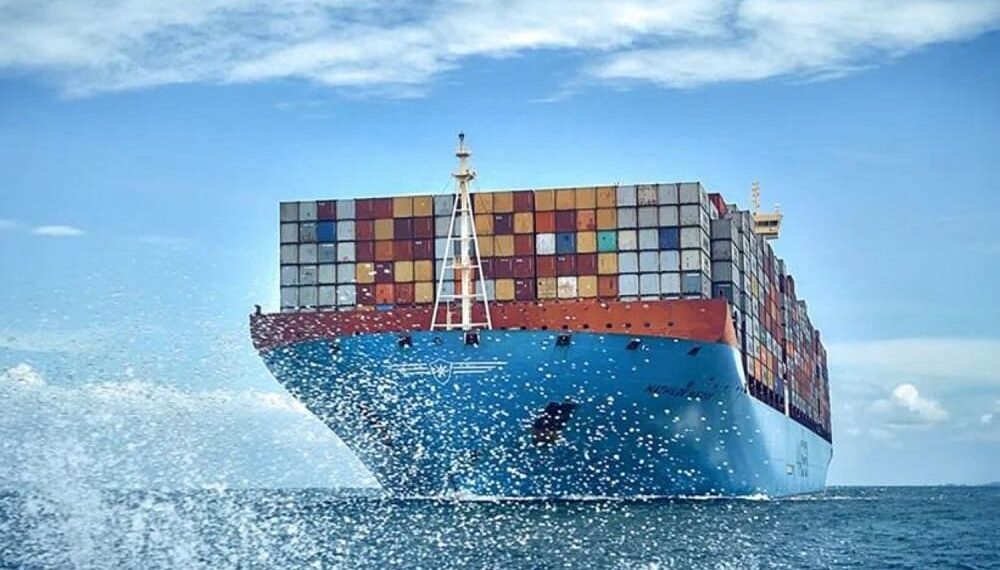Canada’s Methanex and Japanese shipping firm Mitsui OSK Lines (MOL) have concluded a net-zero voyage using bio-methanol as fuel for Cajun Sun, a dual-fuel ship.
Claimed to be the first of its kind, this voyage will help assess the viability of using methanol as a marine fuel to attain net-zero emissions.
Methanex low carbon solutions senior vice-president Mark Allard said: “As the world’s largest methanol producer, we are establishing a network of relationships with leading renewable natural gas suppliers and assessing other pathways, including carbon capture and storage and e-methanol, to provide solutions for the marine industry and other customers.”
Run by Waterfront Shipping, a subsidiary of Methanex, and chartered from MOL, the vessel made the net-zero journey from Geismar, Louisiana, US, to Antwerp, Belgium.
According to the company, the combination of bio-methanol and natural gas-based methanol meant that net-zero greenhouse gas emissions on a lifecycle basis were achieved during the 18-day trans-Atlantic voyage.
MOL bunker business division executive officer Kazuhiro Takahashi said: “MOL, as a pioneering shipping company, is committed to reducing the environmental impact of the shipping sector.
“The use of methanol, which can be readily adopted today, is one of the very promising alternative fuels.”
In 2016, MOL, Waterfront Shipping and Methanex, along with other key partners, constructed the world’s first ocean-going methanol dual-fuel tanker, named Taranaki Sun.
Last week, MOL signed a memorandum of understanding (MoU) with Air Water to evaluate liquefied bio-methane (LBM) as a marine fuel.


































